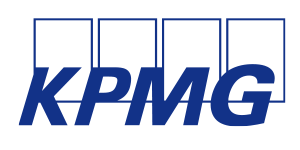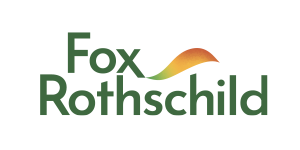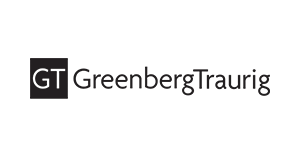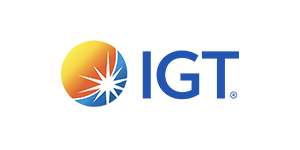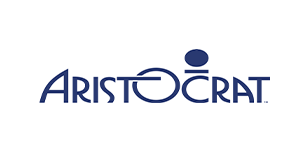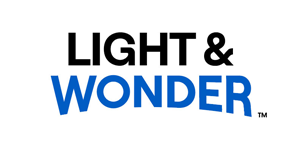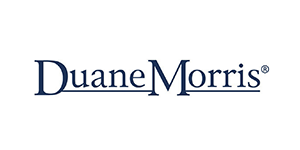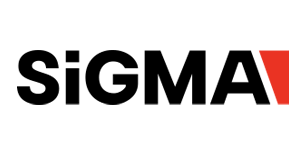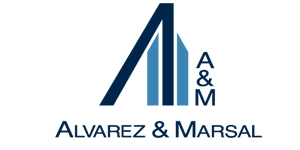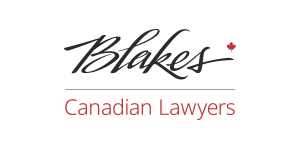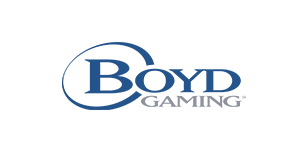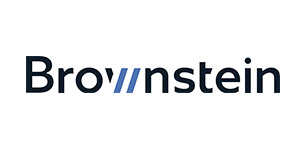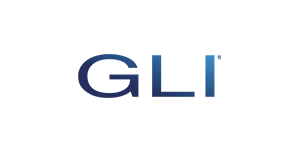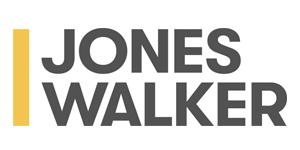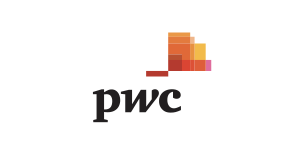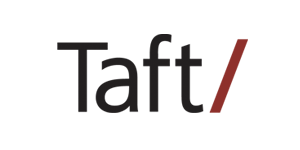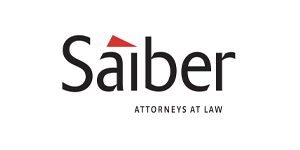|
New British Gambling Commission Guidance for Online Operators
On 12 May 2020, the British Gambling Commission issued new “additional formal guidance” for online operators in response to “evidence that shows some gamblers may be at greater risk of harm during lockdown”. Online operators in Great Britain must now take this new guidance into account and they are “expected to make changes to act on this guidance as soon as possible”.
The new guidance is issued under social responsibility code provision 3.4.1 of the Licence conditions and codes of practicewhich requires licensees to interact with customers in a way which minimises the risk of customers experiencing harms associated with gambling. This includes identifying customers, interacting with customers, understanding the impact of the interaction, and taking into account the Gambling Commission’s guidance on customer interaction, which now includes the new guidance of 12 May 2020.
The new measures, to be “implemented into customer interaction frameworks” by licensees, are as follows:
- Reviews of all thresholds and triggers used to track vulnerability to ensure that they reflect changed financial circumstances that many consumers will be experiencing. An emphasis should be placed on those thresholds and triggers being proactively reset on a precautionary basis to ensure customers with emerging vulnerability, such as increased time spent at play or increased spend can be identified
- Specifically, reviewing time indicators to capture play in excess of one hour as the Gambling Commission believes this is a proxy for potential harm.
- Set additional or modify existing thresholds and triggers which are specific to new customers reflecting the operator’s lack of knowledge of that individual’s play and spend patterns.
- Implement processes that ensure the continual monitoring of the operator’s customer base, identifying customers whose patterns of play, spend or behaviours have changed in the last few weeks.
- Conduct affordability assessments for customers identified by existing or new thresholds and triggers which indicate customers experiencing harm. Consider limiting or blocking further play until the checks have been concluded and supporting evidence obtained.
- Prevent reverse withdrawal options for customers until further notice.
- Stop bonus offers or promotions to customers displaying indicators of harm.
Guidance or requirement
Whilst guidance may be appropriate to ensure vulnerable customers are protected, particularly during the current Covid-19 pandemic, it is questionable whether the measures can be considered to be “guidance” and whether they are wholly proportionate and necessary in the light of the data on which the Gambling Commission has based these measures. The wording of the measures appears to create an obligation on the part of licensees to “stop bonus offers” and “prevent reverse withdrawals” which give the impression of requirements, rather than guidance.
Data
The Gambling Commission published two sets of data. A first set collected through a YouGov survey and a second from “the biggest operators, covering approximately 80% of the online gambling market”.
YouGov data
The YouGov data was collected from just over 2,000 people, some of whom may have taken the survey multiple times. The data is based on gambling habits of customers within four weeks from “mid-March 2020”. Whilst the data does show increased spend on online gambling, for example a 2% increase on online slot games and 1.7% on sports betting, the biggest increase of 16.4% was on National Lottery products which are regulated separately and to whom the new guidance does not apply. The data analysis also fails to consider the potential adjustment of gambling habits due to the closure of land-based venues as an explanation for the increase of spend and time on certain products, as opposed to an increase in gambling habits.
Gambling Commission data
The second set of data was collected over the period 31 March 2019 to 31 March 2020. This period only covers one week in which the UK was in lockdown. It follows that this data cannot be reliable evidence that customers are at a greater risk of harm during lockdown. Further, the data shows a decrease in reverse withdrawals. The new guidance at point 6 above includes the prevention of withdrawal options until further notice. It is clear that this measure was not based on the data published by the Gambling Commission, which questions whether it was necessary and proportionate to be included within this particular guidance. The Gambling Commission, supported by research, already considered reverse withdrawals to be a flag for potential gambling harms; however, action to tackle this through an industry consultation would have been more appropriate than a strict measure introduced under the guise of guidance.
Absence of consultation
The absence of an industry consultation on the guidance is particularly disappointing. When a code of practice is amended, the industry would usually be offered the opportunity to respond to a consultation on the proposed new amendments. This was the case when the Gambling Commission last issued guidance under social responsibility code 3.4.1 in July 2019. However, it seems that the Gambling Commission has decided to omit this stage due to lockdown being a present and continuing issue. The press statement notes that the Gambling Commission will bring forward plans to consult on whether further targeted protection measures are required on a permanent basis.
The Gambling Commission’s Statement of principles for licensing and regulation begins by stating that the Gambling Commission regulates in a “straight-forward, risk-based and transparent manner”. The lack of industry consultation here is plainly neither transparent, nor based on sufficient evidence of risk.
The new requirements are significant and will no doubt be burdensome for licensees to implement “as soon as possible”. However, they are likely to be welcomed by Culture Minister Nigel Huddleston (see Harris Hagan blog of 24 April 2020) and the House of Commons Public Accounts Committee following the Chief Executive’s appearance at the session Gambling regulation: problem gambling and protecting vulnerable people on 27 April 2020.
To comply with the new measures significant updates are likely to be required to systems, customer terms and conditions and policies, each requiring input from different people, perhaps even third-parties, which will no doubt be a challenge given the current crisis. If, as the press release suggests, operators are expected to “interact with customers who have been playing for an hour in a single session of play” the impact will be significant, particularly for large operators who may have several thousand active customers at any one time. The threat of interim licence suspension, or licence review, increases this burden, which was thrown upon licensees without consultation, warning or a timeframe to implement the required changes.
As Julian Harris, our Senior Partner, wrote in a previous Harris Hagan blog, “for regulation to be effective it requires a healthy and collaborative working relationship between regulator and whom it regulates”. This statement is echoed here and whilst both the Gambling Commission and the industry as a whole are in agreement that new measures should be introduced to protect the most vulnerable during this novel and rare situation, any changes should be proportionate, necessary and founded upon strong and clear evidence.
|

